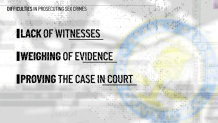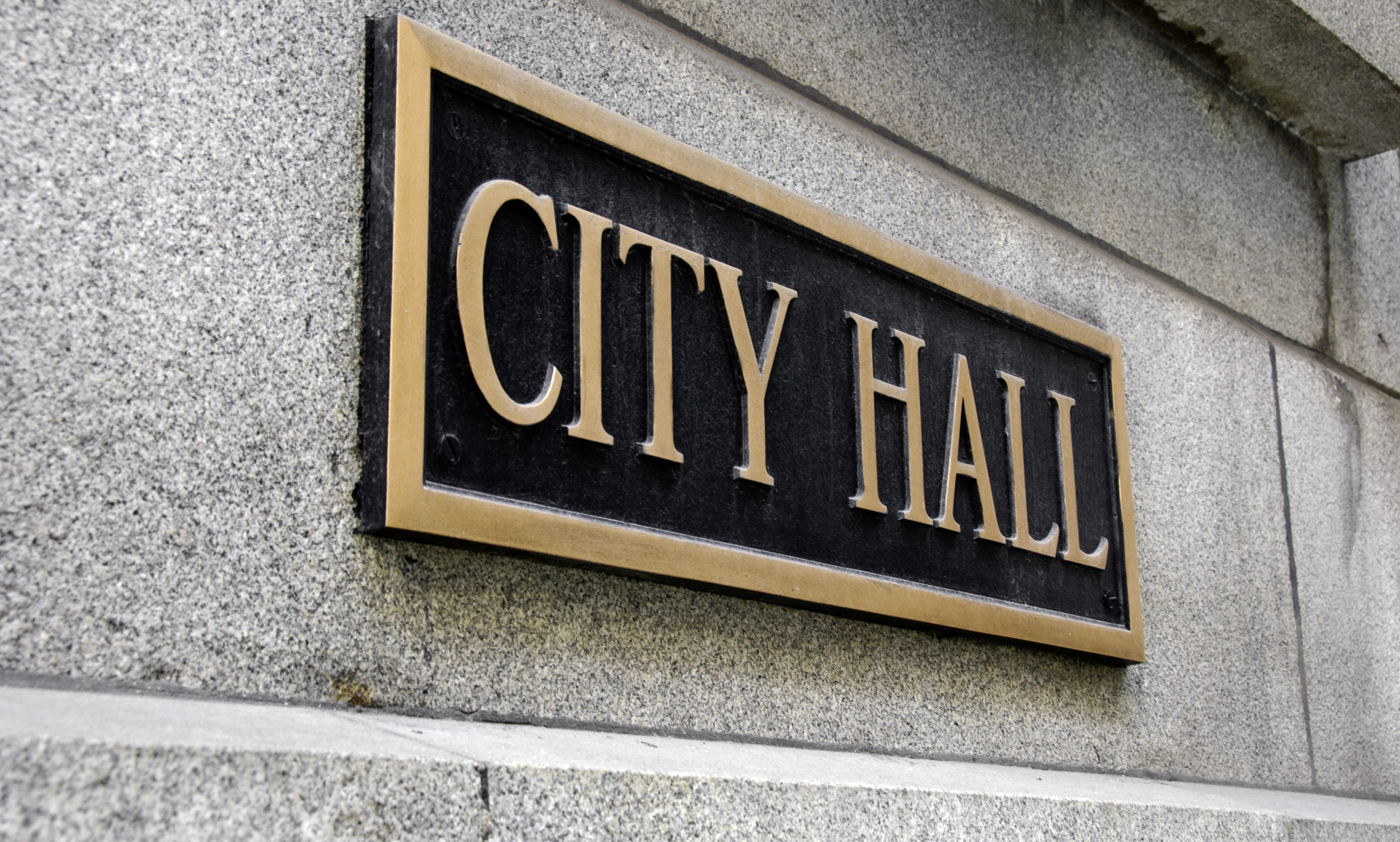NBC 5 Investigates conducted a six-month investigation that found sexual assault charges were never filed or were dropped in favor of non-sex charges time and time again. Find our extensive "Dismissed" series here.
Editor's note: This version of the story has been corrected to show the accurate conviction rate for Hartford, Connecticut.
An unprecedented investigation by NBC 5 Investigates found sexual assault cases in Chicago rarely led to an arrest and almost never led to a sex crime conviction with prison time, according to our review of more than 21,000 reported sex crime complaints in Chicago.
Our months-long investigation found just 1.5 percent of reported sex crimes in Chicago ended with a sex crime conviction with prison time.
If you factor in all convictions – including those with and without prison time - the figure improves slightly to 3 percent.
That conviction rate is still worse than Dallas or Hartford, Connecticut, according to NBC 5 Investigates’ analysis of crime data from select major U.S. cities.
Only Boston – at .5 percent - and Los Angeles at 1.4 percent - had conviction rates for sex crimes lower than Chicago.
Investigations
Hartford, Connecticut (3.6 percent), Dallas (3.7 percent) and Philadelphia (3.8 percent) all had higher conviction rates.
Figures for New York City were unavailable, despite repeated public records requests for the data sent by NBC.
Feeling out of the loop? We'll catch you up on the Chicago news you need to know. Sign up for the weekly> Chicago Catch-Up newsletter.
The net result is that it can leave crime victims feeling disregarded and dismissed – much like the charges themselves.
“I would dream about it. And it would wake me up screaming at the top of my lungs. Just screaming in anger, rage. Heartbroken,” Shelavontay Tucker told NBC 5 Investigates.
Tucker’s allegations of rape against her ex-boyfriend died on the vine in court – ending with a plea agreement to a kidnapping charge. Cortez Fort was sentenced to seven years in prison for the 2019 case. He was given credit for more than 1,200 days served in jail awaiting trial and spent a week in the Illinois Department of Corrections before being released on parole in the summer of 2022. He initially agreed to do an interview with NBC 5 Investigates, but has not responded to repeated attempts to reach him since.
“I don’t think justice was served in the way I thought it was,” said a woman who asked by identified only as “Jane” – a name we’re using to protect her real identity.
In her case, her assailant was convicted of criminal sexual abuse – but not in another case where he faced very similar allegations. In both cases, Christian Valcich was accused of sexually assaulting women he met in Tinder.
“Jane” says her 2020 sexual assault should never have occurred because – at the time of her sexual assault - Valcich was already out on bail facing four counts of aggravated sexual assault from a 2019 criminal case when “Jane” was sexually assaulted.
At the time, the court had already barred Valcich from being on dating apps while he was out on bond.
Valcich eventually pleaded guilty to criminal sexual abuse in Jane’s case; but in the other case, his charges were amended down to a single count of aggravated battery.
He is now a registered offender and was sentenced to 24 months probation.
When contacted by NBC 5 Investigates, Valcich said he would think about doing an interview, but has not responded to additional calls seeking comment.
Together, their cases represent just two of the 21,000 alleged sexual assaults and other sex crimes reported to Chicago Police since 2018. Of those, police made arrests in fewer than 1,600. Our analysis found hundreds of charges were dropped or dismissed along the path between reporting to police, speaking with prosecutors and a person being convicted.
We shared our findings with Cook County State’s Attorney Kim Foxx, who said she found the results unsurprising because so few victims come forward and the fact that these cases can be challenging to prosecute due to a lack of witnesses, delays in evidence and the nature of the crime where it can be one person’s word against another.
When asked directly if there was something her office could have done better or something they could have done, she said:
“You know, listen, we have a vertical prosecution method where our prosecutors are on the cases from beginning to end to be know their cases. They know the strengths as they are as they come and the deficiencies that may occur and the credibility of our witnesses and walking them through. And so it's difficult to second guess because again, these are human endeavors, but we're always striving to do better,” Foxx said.
Northwestern University Law Professor Deborah Tuerkheimer said of our findings: “This is a problem across the nation. It’s called case attrition.”
Tuerkheimer – a former Manhattan prosecutor – said a host of factors plays into this – including how thoroughly the cases are investigated and prosecuted.
“And basically, it is cases dropping out at every stage, dropping out in large part because people aren’t doing their jobs well, right?” she said.
Another major factor, she said, victims who don’t come forward at all.
“One reason is what I call the ‘credibility discount’ and the likelihood that someone will not be believed or will be blamed or will just be disregarded if that person comes forward,” she said.

When asked to respond to our findings, Carrie Ward with the Illinois Coalition Against Sexual Assault or ICASA said:
“Overwhelmingly it’s distressing.”
NBC 5 Investigates asked Ward if she thought the general public was aware of just how stark the numbers really are.
Ward said: “No, I think the general public would be surprised by what the actual numbers are. What they might not be surprised at is that people aren’t always believed when they say they’ve been sexually assaulted.”
While the numbers may be bleak, Ward says there are resources available to help – specifically rape crisis centers and hotlines with advocates.
But there are fewer around than there used to be – budget cuts meant advocates were cut too, offices were closed and communities are left underserved.

“And so five outreach office are closing, 14 hospitals, most of them here in the city of Chicago that no longer will have an advocate respond to them. That's the wrong direction,” Ward said.
ICASA has been lobbying the Illinois legislature for additional – up to $20 million – that Ward said is designed to help shore up federal budget cuts and federal American Recovery Act dollars that will sunset next year.
“We have to say in the state of Illinois, sexual assault survivors mean something to us, sexual assault workers mean something to us, and a community free of sexual violence means something to us,” Ward said. “ And if that costs us more money in our taxpayer dollars, that’s money well spent.”



